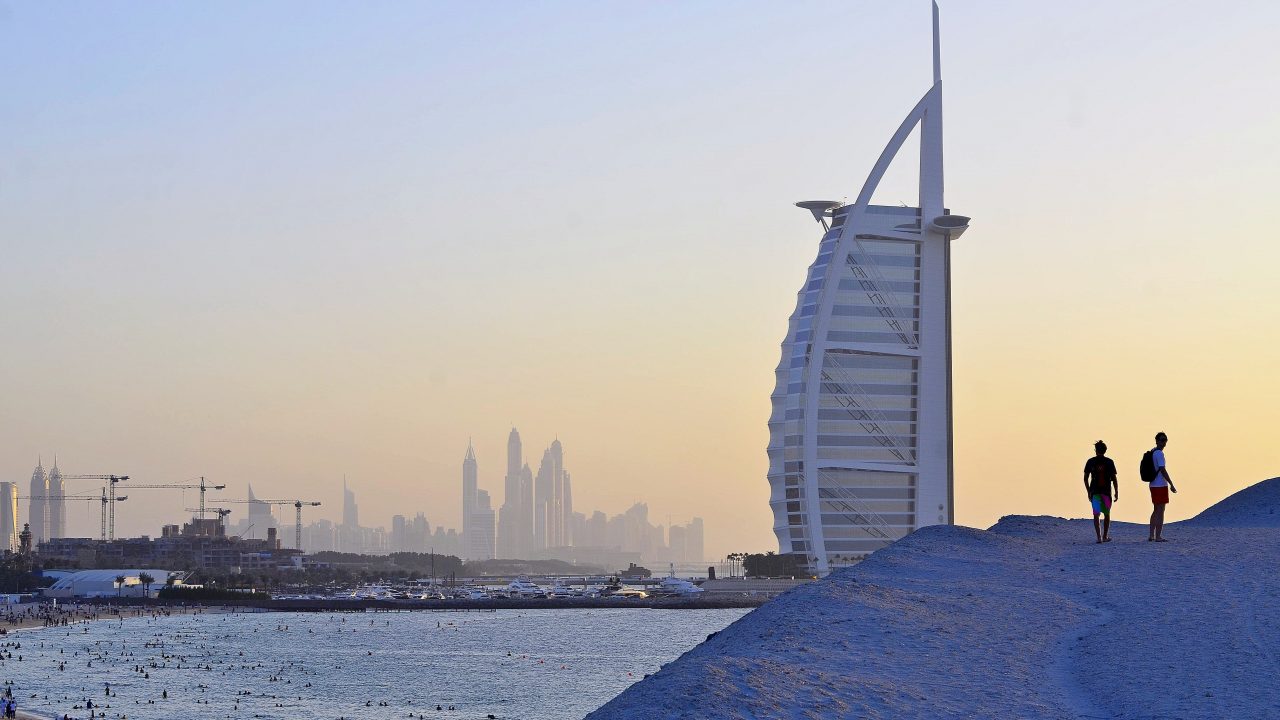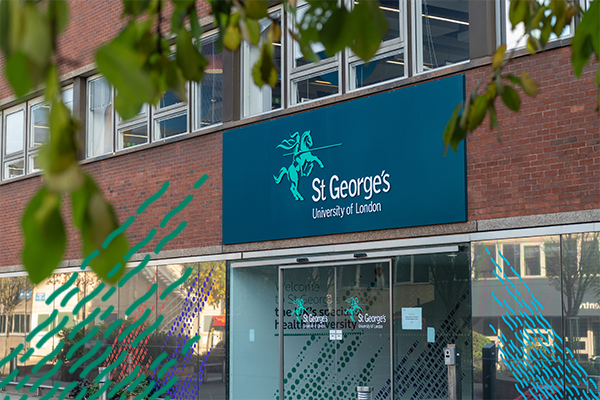Significant developments in higher education in the Middle East
The Middle East is strengthening its higher education sector. Ivor McGettigan, Partner and Head of Education at Al Tamimi and Company, provides an overview of developments in the region.

The improvement of education is a priority for the Middle East.
This blog post offers an overview of the most significant higher education markets in the region. These include:
- United Arab Emirates
- Saudi Arabia
- Qatar
- Egypt
For each, we will explore their relationship with higher education, and consider their recent developments.
United Arab Emirates
The UAE is home to the biggest private education market in the region, and one of the top globally.
There are over 100 higher education institutions, which is a lot given the size of the country. Dubai has gone down the road of encouraging international branch campuses to set up there, in designated free zones, with a nimble education regulator.
Abu Dhabi has taken a different path. It has directly funded the establishment of campuses from a few heavyweights like New York University and Paris-Sorbonne.
Enrolments are high and the sector is in good health as a result of the pandemic discouraging or restricting international travel. In normal times, “education tourism” is actively promoted with a sizeable number of international students.
The UAE is now a mature higher education market with the focus moving to quality and standards. There are still untapped opportunities in particular areas. The relatively recent arrival of the University of Birmingham was a significant signal in this regard.
Currently, there are a handful of universities engaged in research and development. Funding has traditionally been a problem, particularly for private international branch campuses. The vast majority of research and development funding comes from the government and is being pumped into a few public-backed universities.
Recently, there have been some positive developments in this area. Public funding has been made available for both public and private universities, and awarded by way of competitive tender. This model bodes well for the future. If the amounts are significantly increased, in association with the establishment of a government funding agency or research council, and a coordinated policy, it will lead to a thriving research environment.
Saudi Arabia
Saudi Arabia is home to 80% of students in the Gulf.
It is an undeveloped market for international education providers. Traditionally, it is a closed education system where huge numbers of their students travel abroad for higher education, predominantly to the US and UK. However, it has opened recently to international education providers at K12 and higher education level.
Saudi Arabia is home to domestic heavyweights, like KAUST and King Abdulaziz University, who are well-regarded in research and development. They have large numbers of patents being granted, particularly in the oil and gas sector.
The country is ripe for international academic collaboration agreements in the short term, and international branch campuses in the medium to long term. There are also huge opportunities in areas like technology parks and training institutions.
Saudi Arabia has incredibly ambitious plans for the education sector, so they are definitely a country to watch.
Qatar
Qatar adopts a similar approach to Abu Dhabi.
They have attracted and funded leading institutions, mainly American, to set up in a designated zone called Qatar Education City. Weill Cornell, Georgetown, and Texas A&M are among the campuses there.
They have a small domestic market, but with very well-funded institutions backed by Qatar Foundation. There are unlikely to be any new opportunities for some time.
Egypt
Egypt is a behemoth from a population perspective. It is home to 100 million people. Culturally, they place a huge emphasis on education.
The government has put education front and centre of its reform agenda. New universities can only open up if they are a joint venture with a leading international university. The UK government was one of the first to sign a Memorandum of Understanding to take advantage of this opportunity. Several UK universities have already set up there.
An entirely new capital city is being built: the New Administrative Capital. This will require extensive education infrastructure, including leading higher education institutions.
There are some challenges with the Egyptian market, such as currency controls, but overall it will see a lot of exciting activity in the education space in the next decade.
Areas for development in the Middle East
There are two common areas for development in the region.
1. Regulator relationships
To truly drive the quality agenda, it would be good to see the regulator mind-set in the region pivot from gatekeeper to stakeholder, with the institutions given more autonomy. In return, institutions themselves must become less clingy to the apron strings of the regulator.
Critically, the long laundry list of do’s and don’ts that education providers must observe needs to be reviewed. Trust is a vital part of the equation.
2. Vocational training
Technical and Vocational Education and Training (TVET) is an area that is underdeveloped in the region. Saudi is the leader, but the others have much work to do.
The benefits of vocational training are indisputable and will help propel key engineering and precision manufacturing industries. Unfortunately, there is a stigma associated with vocational training around the world generally, with a few notable exceptions, like Germany.
In order to create the impetus for this, we must change the mind-set of students and parents (who heavily influence their child’s course choice and perceptions), deeply engage with industry, and encourage a policy-led approach from government and regulators.
The future of education in the Middle East
Improvement in education is a significant national priority in every country in the region. There is no lack of funding, be it public or private.
There are some incredibly interesting higher education opportunities in the region. These range from ‘toe in the water’ international academic collaboration agreements to ‘boots on the ground’ international branch campuses, with a plethora of options in between.
The scale of education infrastructure being built and rebuilt in Saudi and Egypt is breath-taking, whilst the more mature education ecosystems like UAE, Qatar, and Bahrain still have opportunities in niche areas.
Ivor McGettigan is Partner and Head of Education at Al Tamimi & Company.
Related Blogs



